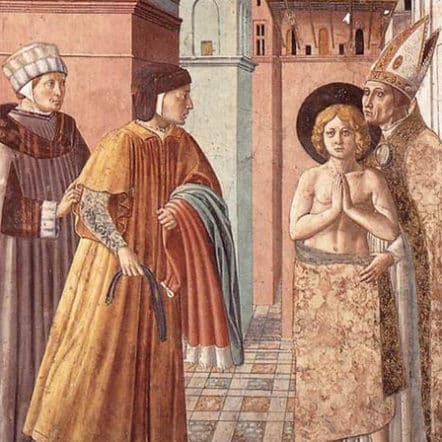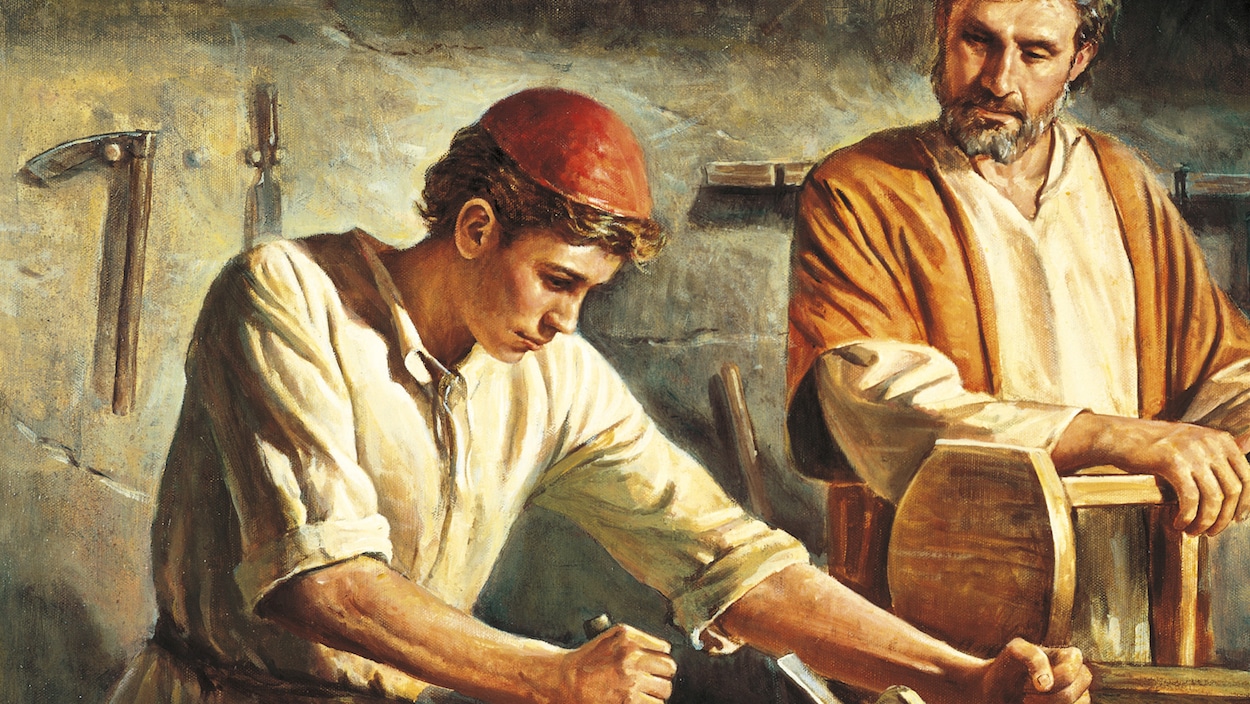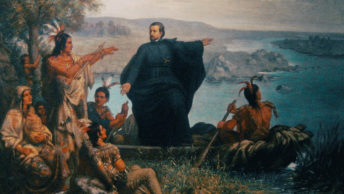On the Third Sunday of Easter, we are given an opportunity to digest the significance of the most important, most earthshaking event in the entire history of humankind: the resurrection of Christ and … ours, together.
We shall start by affirming that our love for the Lord, risen from the dead, is sincere; as sincere as humanly possible; as sincere as we allowed it to be in the Spirit. More if we have been docile, less if we insisted on not surrendering control of our life over to the Father.
Luke reveals to us how the risen Lord makes all the difference in the world as we journey through life, or, rather, as we pick up the pieces of our past, roll up our sleeves and start rebuilding our future. Most likely, in this process, the victories are few and we have no trouble remembering them. Yet, it might happen that our life seems to be ruled not by our victories but, rather, by our defeats. Hence we decide to move away from them; we leave our “Jerusalem” crestfallen and head for an “Emmaus, a place were things are more familiar and the small victories of the past afford us the dim hope of new ones.
Jerusalem represents all of our investment of emotions, energies and toils. Jerusalem represents our hopes, our pride, our reoccurring dreams, our plans, all wrapped into one: parts of it still vague, parts of it quite specific, almost accomplished. If we want to use a vivid image from almost two decades ago, Jerusalem is our personal World Trade Center before 9-11. Now it is Ground Zero; and we must leave. We head for the improbable place that must afford us breathing room and quiet time to rethink our plan. But, we do not know that, along with our shattered plans, we carry our troubles too. A change of place would not make the difference we had hoped for; nor would it turn things around for us.
What our gospel passage (Luke 24: 13-35) points out so forcefully is how we, “believers,” forget so soon about what Jesus had taught us; we give up on him in matter of hours and we try to cope with life’s demands without him. So, in his infinite love for us, stealthy, quietly, gently, he walks along with us. We fail to recognize him because the role we had assigned to him in our plans doesn’t correspond to the Father’s plan. It is only a key factor in our version of finding happiness.
Isn’t it unusual, yet comforting, that a total stranger would be so sincerely interested in knowing what bothers us; what dashed our hopes; what we plan on doing next? Gently yet with keen precision, he walks us through the rubbles and ruins we thought we had left in Jerusalem.
Thus, with this mysterious stranger, we revisit our defeats, dashed hopes and raw pain; and we are forced to realize that they were all in the script of our life just as his dashed hopes, his defeats, his raw pain were part of the script that the Father had written for his life. “Oh, how foolish you are!”
Kind of rude isn’t he? Absolutely, but he has no choice because we ought to be jolted out of our unrealistic expectations. And he cannot stand seeing us wallow in our self-pity.
My dear friends in Christ, our Lord doesn’t fix our problems; He dives into them with us, to sustain, to inspire, to encourage, to guide, to comfort us through our rebuilding process. The god in our dreams, the god of our making, would do that, but only in our wishful thinking. That is why we do not recognize the risen Christ. That is why we would rather trudge along with our problems and dashed hopes, trying to survive relying on the god we have fabricated ourselves.
This is how our 2nd reading (I Peter 1:17-21) adjusts our expectations to fit the reality of the resurrection so that we may rebuild on realistic ground, on a much larger scale, with a global blueprint of which our personal dream is, now, just a tiny, yet precious little part.
He (the Father’s new global plan) was known before the foundation of the world, but revealed in the final time for you, who through him believe in God who raised him from the dead and gave him glory, so that your faith and hope are in GOD.
This parting from our old plan, from our shattered dreams and our direct involvement into this universal rebuilding of God’s plan takes place in the risen Lord, in new ways, in God’s ways, with our faith and hopes anchored in the Lord, now for good. It is the community of believers, a community started by real people whose personal dreams had been shattered too, people like Peter, which provides us with all the reassurance we need to shift all of our investment of energies and emotions and toils into the new plan.
The gospels call this plan “the Kingdom of God.”
“Of this we are all witnesses;” witnesses that shed their blood for the new project. (cf. Acts 2: 32) It is in this community of martyrs, in the Church, that we rediscover him, our true God, in our local community. It is the community that kept for us the real image of God. It is a God that cannot tolerate to have His Son Jesus and all of us one with him, in the grips of death, of defeat.
This, assures us Peter, is because our God keeps His Word spoken through the Prophet David in the 16th Psalm. Thus, as his Words of life are explained and done onto us, within the community of believers, our hearts begin to burn with new love, new hope.
Slowly the Kingdom becomes feasible and captivating, while the risen Christ, the master builder, is present among us in his glory, even though he carries forever all the scary, horrible scars of his passion and death. Thus, hopefully in a few weeks, with burning hearts and renewed hope we will be able again to invite him, every Sunday, as we rest from the toils of the Kingdom, to sit with us at table and we shall recognize him under the humble species of bread and wine.
That will be more than enough until our hope is fulfilled.








